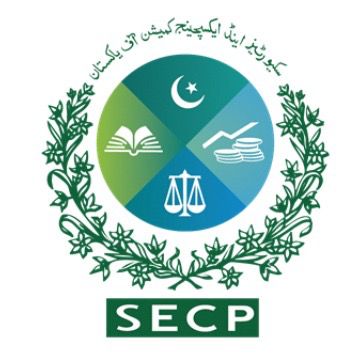Tariq Khattak
ISLAMABAD:The Securities and Exchange Commission of Pakistan (SECP), the country’s top corporate regulator, is at the centre of a multi-billion-rupee scandal that has rattled the financial sector.
The Auditor General of Pakistan’s report for the Audit Year 2024-25 reveals that the salaries and benefits of SECP’s top officials and staff were unlawfully increased by more than Rs 640 million without approval from the federal government.
The findings point to clear violations of rules and regulations as well as open defiance of the government’s austerity directives, raising grave questions about accountability within an institution mandated to enforce transparency and discipline in the corporate sector.
According to the audit report, the SECP Chairman received additional payments of Rs43.6 million, while each Commissioner received Rs35.8 million in extra payments. Overall, the Commissioners illegally received Rs156 million. SECP staff also benefited from an additional Rs377.2 million in salary increases. Commissioners and staff were further granted Rs110 million in additional recreational allowances.
Under the law, SECP must obtain approval from the Ministry of Finance for any salary increase, a requirement that was ignored, underscoring the Chairman’s influence. The violation is particularly serious given the Prime Minister’s directives for all government institutions to reduce expenditures in light of the country’s strained economic conditions.
The audit report further reveals that SECP withheld Rs14 billion of surplus profit from being deposited into the Federal Consolidated Fund. This constitutes a serious breach of financial discipline and resulted in heavy losses to the national exchequer.
The report also questions the role of the Ministry of Finance, which failed to address these irregular increases and did not provide satisfactory responses to audit objections. Audit officials have recommended that the Ministry immediately withdraw the increases or grant formal approval. They further stressed the need for an effective monitoring system to prevent such incidents in the future.
All these audit objections will soon come under consideration in the National Assembly’s Public Accounts Committee meeting, where detailed answers will be sought from relevant officials. Experts say the matter reflects a growing trend of irresponsibility and corruption in regulatory institutions. If swift and effective action is not taken, they warn, corruption will spread further across government entities.
This is not just a matter of financial irregularity but a stark indication of the government’s failing accountability mechanisms. Urgent and stringent action against SECP is imperative; any delay will only reinforce a negative message.
The disclosures have rattled the financial sector, where the SECP is mandated to enforce transparency and discipline on listed companies and institutions. Business leaders privately question how a regulator charged with curbing excess could itself defy rules on such a scale. The scandal not only undermines the SECP’s credibility but also raises serious concerns about its ability to regulate the financial sector effectively. Critics warn the episode risks further eroding investor confidence at a time when Pakistan is struggling to attract foreign capital.
The audit findings are likely to intensify calls for a detailed probe, with demands that those responsible face criminal liability. The audit report has yet to be formally contested by the SECP. When contacted, the commission’s media office declined to comment.

